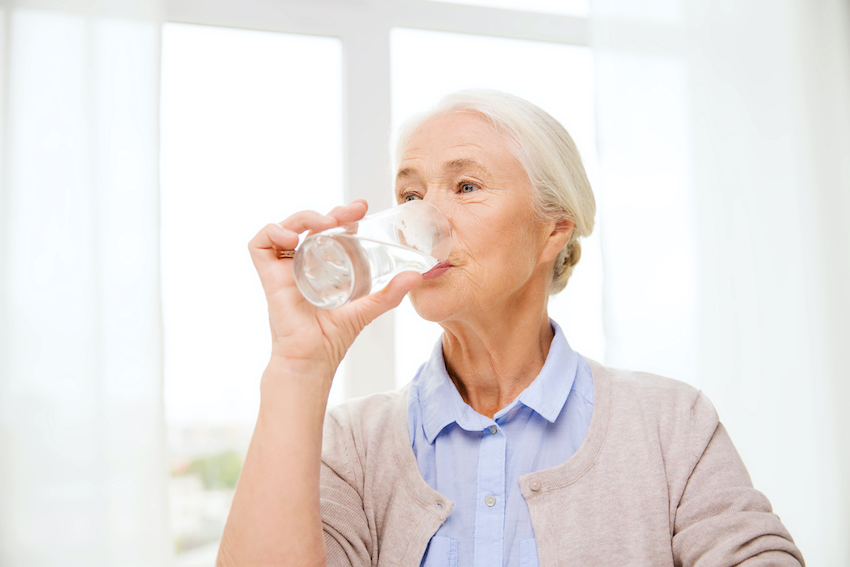
Managing urinary incontinence in older adults can help ensure a continued active life.
While not unusual, urinary incontinence in older adults is a challenging condition to manage, impacting daily life in a variety of ways and frequently leading to reduced self-confidence and assurance and the limiting of enjoyable activities.
However, it is essential to know that bladder control problems are not simply a typical part of aging. Identifying the root cause of the issue may result in an effective treatment option. Contributing factors to bladder control problems include:
- A urinary tract or vaginal infection
- Constipation
- Overactive or weakened bladder muscles
- Weakened pelvic floor muscles or pelvic organ prolapse
- Nerve damage from conditions including Parkinson’s disease, diabetes, or MS
- Enlarged prostate
- Health conditions that make it difficult to make it to the restroom in time, such as arthritis
A senior experiencing problems with incontinence should visit with the doctor to talk about symptoms, medications, and health background. She or he may recommend blood and urine tests in addition to testing to discover how effectively the bladder is emptying. Keeping a daily journal ahead of the appointment can be helpful, observing the different times each day when urinating and when leaking urine.
When the cause of the incontinence has been established, treatment plans may include:
- Oral medicines that can tighten muscles or help the bladder empty fully
- An injected medication into the area surrounding the urethra
- A low-dose estrogen cream
- Nerve stimulation around the bladder
- A urethral insert or pessary that can help prevent leaking
- Surgery if the incontinence is the result of blockage or a change in the bladder’s position
In addition, some urinary incontinence in older adults can be relieved by trying:
- Kegel (pelvic muscle) exercises
- Biofeedback
- Timed urination, emptying the bladder on a set schedule
- Lifestyle changes, such as for instance eliminating caffeine and alcohol, quitting smoking, and losing weight
Often, seniors with bladder control problems falsely believe that they need to restrict their fluid intake. It’s crucial to maintain adequate hydration and to recognize that lower hydration levels result in more concentrated urine, which actually can make urinating more uncomfortable while increasing issues with incontinence. Plain water is always the best choice, but if the senior prefers, try adding flavoring such as a slice of cucumber or citrus fruit.
For a family member with Alzheimer’s disease, especially in the later stages, incontinence is very common, and can be helped through:
- Making it simpler to access the bathroom by ensuring pathways are clear and there is satisfactory lighting
- Eliminating coffee, soda, and tea from the older adult’s diet, as these increase urination (but ensuring your senior loved one drinks lots of water)
- Taking regular, frequent bathroom breaks
- Choosing clothing that is easy to remove
- Experimenting with various kinds of incontinence care products to find one that’s most comfortable
Grace Home Care’s aging care professionals are trained and experienced in incontinence care, and are here to help offer recommendations as well as in-home care to assist with personal care needs, discreetly and always with the utmost respect.
Contact us online or give us a call at 785-286-2273 to ask about a free in-home consultation for additional information about our top-rated elder care in Topeka, KS and the surrounding areas. To learn about all of the communities we serve, please visit our Service Area page.
